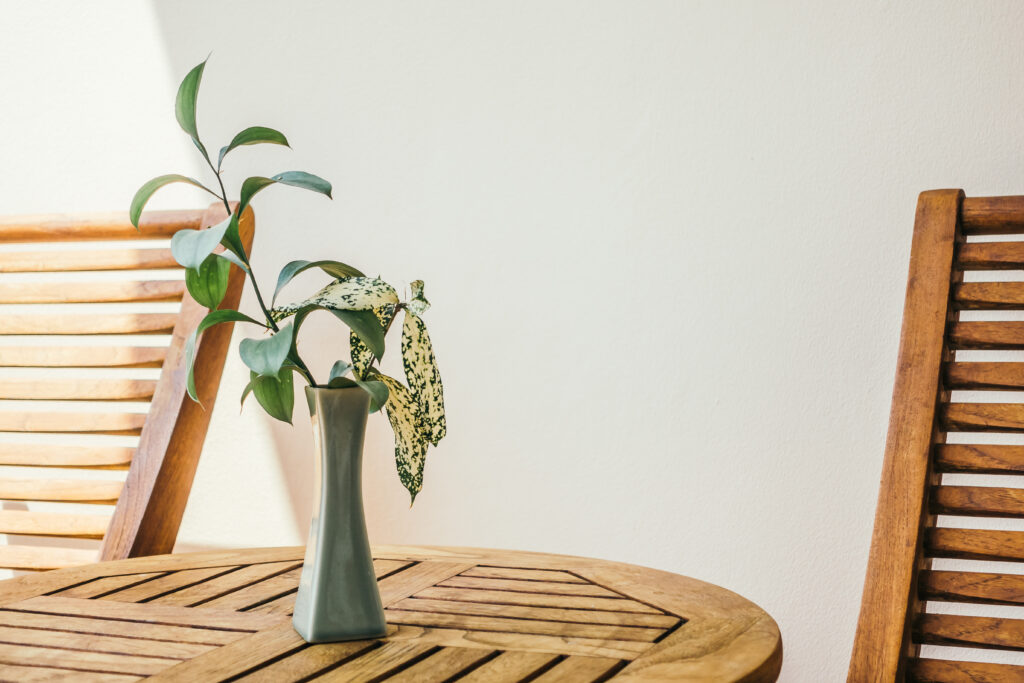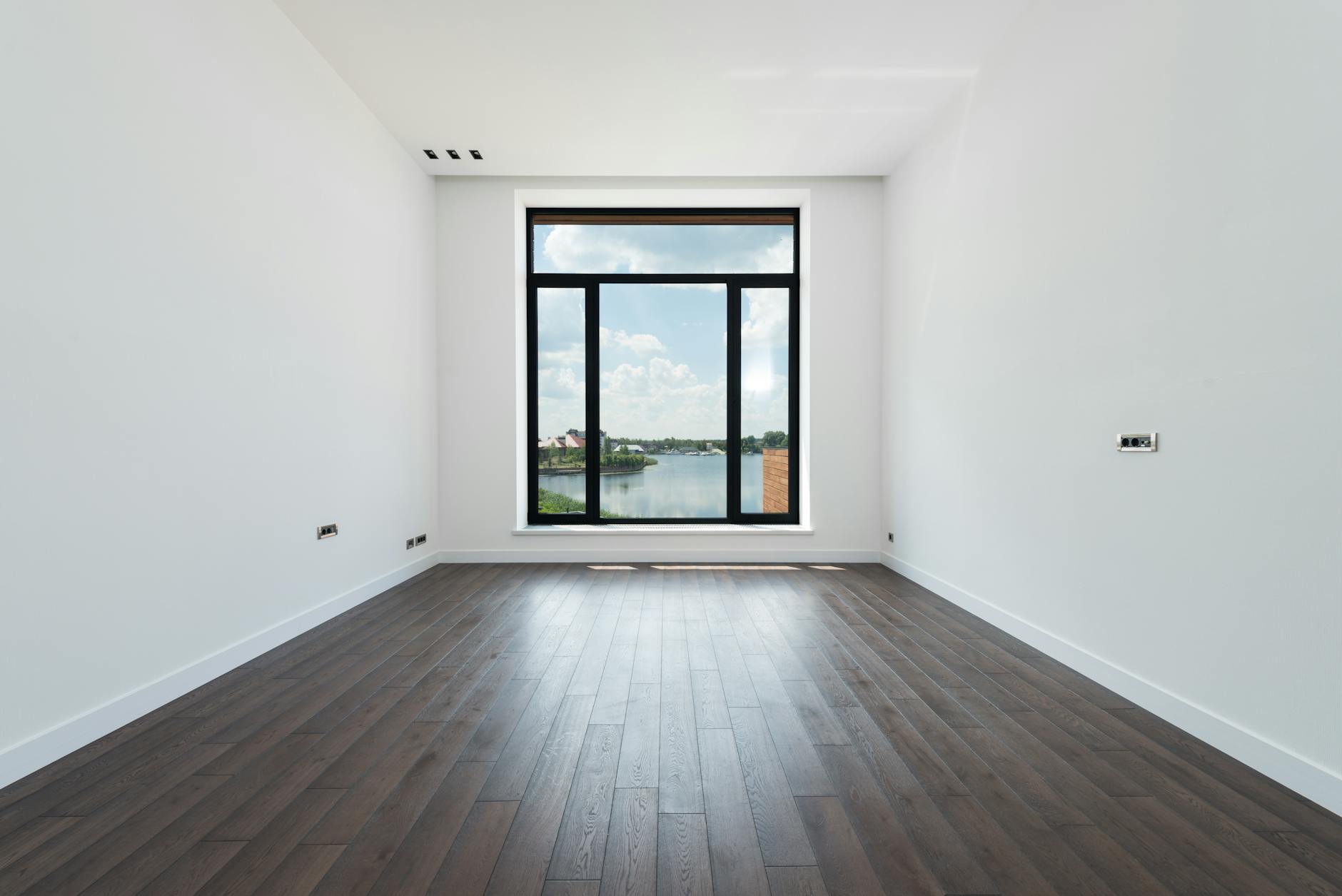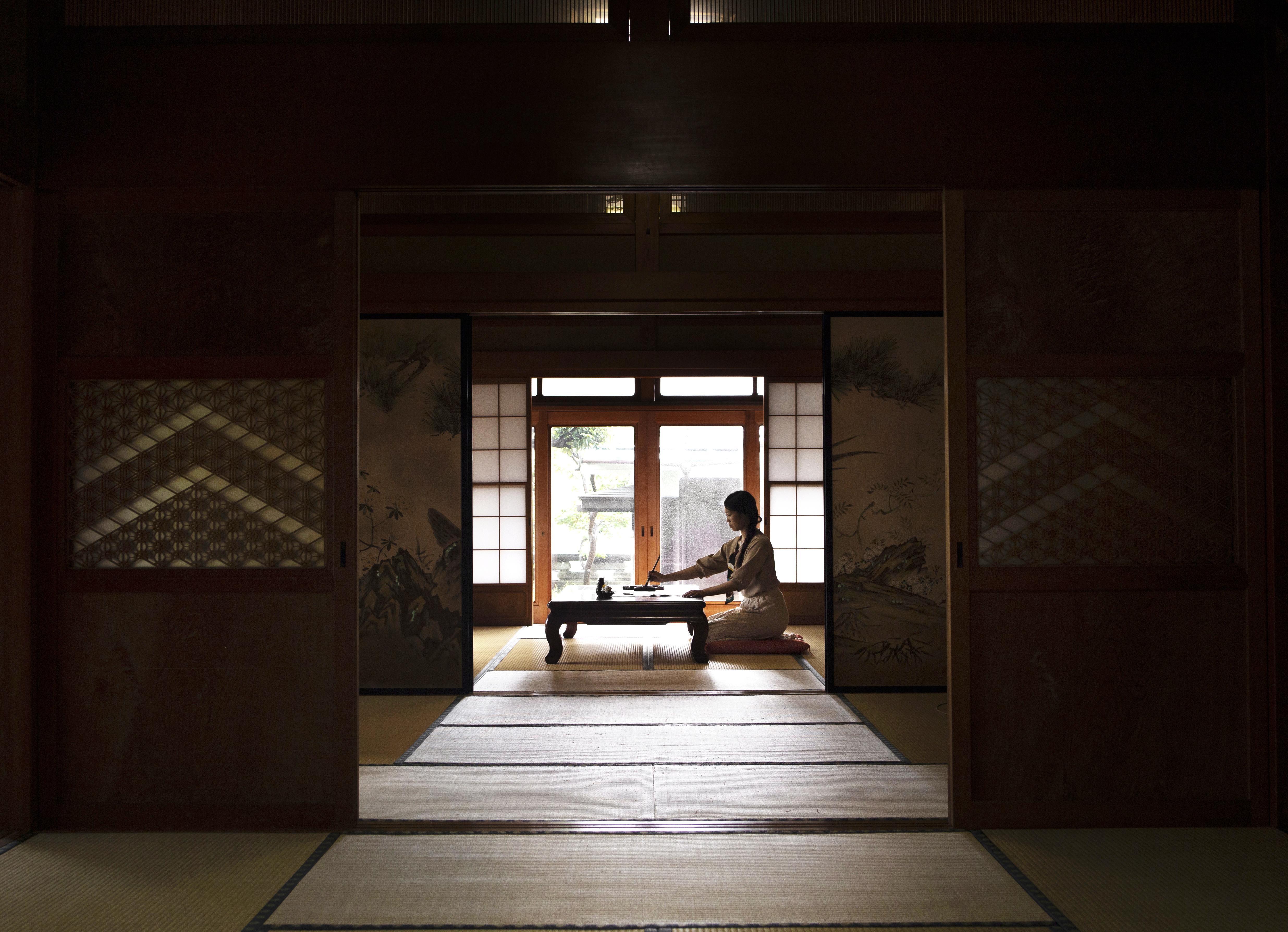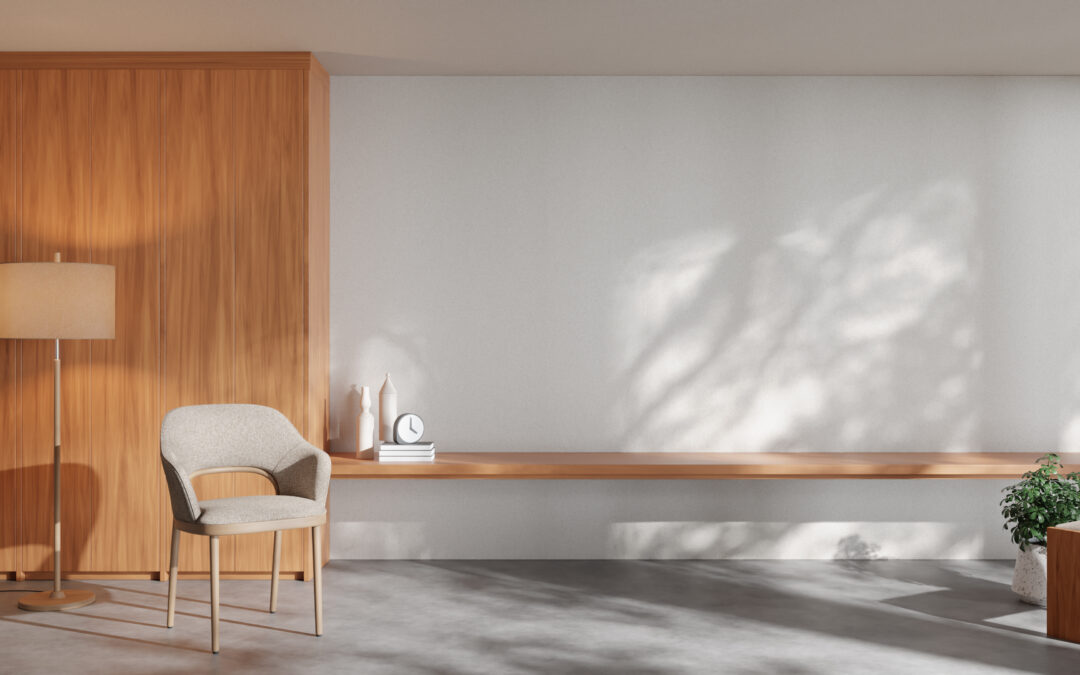Japanese Minimalism, rooted in the profound Wabi-Sabi principles, offers a unique approach to interior design that goes beyond aesthetics. Embracing imperfection and transience, Wabi-Sabi celebrates the beauty of natural simplicity and the passage of time. By incorporating these principles into your living space, you can create a serene and harmonious environment that nurtures both the mind and body.
The essence of Japanese Minimalism lies in the art of decluttering and embracing only what is essential. By consciously simplifying your surroundings, you invite a sense of calm and mindfulness into your daily life. This intentional approach to design focuses on quality over quantity, allowing each element in your space to hold meaning and purpose.
Drawing inspiration from nature, Wabi-Sabi encourages the use of organic materials, earthy tones, and textures that evoke a sense of tranquillity. By infusing your living space with these natural elements, you can evoke a sense of serenity and connection to the world around you. This mindful curation of your environment can transform your home into a sanctuary that rejuvenates your spirit.
In the upcoming exploration of Japanese Minimalism and Wabi-Sabi principles, we will delve into the transformative power of these philosophies on your living space. Discover how simplicity, imperfection, and impermanence can elevate your home’s ambience and foster a sense of peace and balance. Join us on this journey as we uncover the timeless beauty and serenity of Japanese Minimalism.
Understanding Japanese Minimalism
Japanese Minimalism is a design aesthetic that focuses on simplicity, tranquillity, and the appreciation of natural beauty. This design style is deeply rooted in the principles of Wabi-Sabi philosophy and the integration of nature elements. Let’s dive into how these key aspects shape Japanese Minimalism.
Influences from Wabi-Sabi Philosophy
Wabi-Sabi is a Japanese worldview that finds beauty in imperfection and transience. In the context of Japanese Minimalism, Wabi-Sabi values simplicity, asymmetry, and the inherent beauty of natural materials. This philosophy encourages us to embrace the flaws and imperfections in our living spaces, seeing them as unique and authentic rather than flaws to be hidden. By incorporating Wabi-Sabi principles into design, Japanese Minimalism creates spaces that exude warmth and serenity.
Integration of Nature Elements
Nature plays a central role in Japanese Minimalism, with a strong emphasis on bringing the outdoors inside. This design approach seeks to blur the lines between indoor and outdoor spaces by incorporating natural elements such as wood, stone, bamboo, and plants. By integrating these elements, Japanese Minimalism aims to create a sense of harmony and connection with nature within the living environment. The use of natural light, neutral colours inspired by the earth and sky, and minimalist furniture further enhance the peaceful and uncluttered ambiance of Japanese Minimalism.

Practical Tips for Embracing Japanese Minimalism
Japanese minimalism, influenced by the Wabi-Sabi principles, offers a unique approach to transforming your living space. Embracing this style can bring simplicity, tranquillity, and beauty to your home.
Decluttering Techniques Inspired by Wabi-Sabi
Incorporating Wabi-Sabi principles into your decluttering process involves cherishing the beauty of imperfection and simplicity. Start by assessing each item in your space and keeping only what holds meaning or serves a purpose. Embrace the concept of “less is more” by removing unnecessary decorations and furniture. Allow space for natural light and airflow to create a calm environment. Remember, decluttering is not just about tidying up but creating a peaceful sanctuary within your home.
 Photo by Max Vakhtbovycn
Photo by Max Vakhtbovycn
Furniture and Decor Selection
When selecting furniture and decor items for your Japanese minimalism-inspired space, prioritise quality over quantity. Opt for simple and functional pieces that reflect nature and craftsmanship. Consider incorporating natural materials like wood, bamboo, and stone to bring a sense of warmth and harmony to your interiors. Choose neutral colours and minimalist designs to maintain a clean and uncluttered aesthetic. Minimalist furniture styles such as low-profile beds, tatami mats, and simple shelving units can help create a serene atmosphere in your living space.
By applying these practical tips for embracing Japanese minimalism in your home, you can foster a sense of peace, balance, and harmony in your living environment. Embrace the beauty of simplicity and let the essence of Wabi-Sabi transform your space into a serene sanctuary.
Creating Tranquility in Your Living Space
Creating a tranquil living space is essential to embody the principles of Japanese Minimalism and transform your home into a peaceful sanctuary. By incorporating specific elements and design choices, you can cultivate a serene atmosphere that promotes relaxation and calmness.
Use of Neutral Colour Palettes
Neutral colour palettes play a significant role in establishing a sense of tranquility within your living space. Opting for soft hues like beige, white, or light grey can evoke a feeling of simplicity and harmony. These colours help create a soothing ambience by reducing visual clutter and promoting a sense of openness within the room. By keeping the colour scheme minimalistic, you can enhance the overall peacefulness of your home.
Incorporating Natural Light and Open Spaces
Embracing natural light and open spaces is key to Japanese Minimalism and fostering a tranquil environment in your living space. Maximising natural light by strategically placing mirrors, opting for sheer curtains, and decluttering windowsills can brighten up the room and create an airy feel. Open spaces free from excessive furniture or decorations promote a sense of flow and relaxation. By allowing light to flood in and maintaining a spacious layout, you can enhance the peaceful ambience of your home.

Embracing Imperfections and Uniqueness
In the realm of Japanese Minimalism, embracing imperfections and uniqueness is a fundamental principle that adds character and depth to your living space. Rather than seeking flawless perfection, this design philosophy encourages you to appreciate the beauty in the imperfect. By incorporating sentimental items and handcrafted pieces, you can infuse your home with warmth and individuality.
Personalising Your Space with Sentimental Items
Adding sentimental items to your minimalistic design can evoke cherished memories and create a more personal connection to your living environment. Consider displaying family heirlooms, vintage finds, or travel souvenirs in a curated manner that complements the simplicity of Japanese Minimalism. These pieces not only serve as decor but also tell a story, enriching the aesthetic of the room with emotional value.
 Photo by Skylar Kang
Photo by Skylar Kang
Handcrafted Pieces and Artisanal Touches
Incorporating handcrafted items and artisanal touches into your living space not only supports traditional craftsmanship but also adds a unique charm to the overall design. Opt for handmade pottery, woven textiles, or woodwork to introduce elements of authenticity and craftsmanship. These pieces showcase the beauty of imperfections, such as slight variations in texture or colour, enhancing the organic feel of Japanese Minimalism.
Embracing imperfections and uniqueness in your living space allows you to create a harmonious balance between simplicity and warmth, inviting you to appreciate the beauty in the unconventional. By personalising your space with sentimental items and embracing handcrafted pieces, you can transform your home into a sanctuary that reflects your personality and values.
Conclusion
Embracing the essence of Japanese Minimalism through Wabi-Sabi principles can truly transform your living space into a serene sanctuary. By incorporating simplicity, imperfection, and natural elements, you invite a sense of calm and harmony into your home. Say goodbye to clutter and excess, and welcome the beauty of minimalistic design that focuses on what truly matters. Let your living space reflect the elegance of imperfection, and watch how it uplifts your spirit every day. Start your journey towards a more peaceful and balanced home today with Japanese Minimalism and Wabi-Sabi at its core.

